Warring parties unveil plans to split Sudan in two
The two warring factions in Sudan have announced parallel plans for the country’s future, nudging it closer to becoming a de facto partitioned state after three years of civil war.
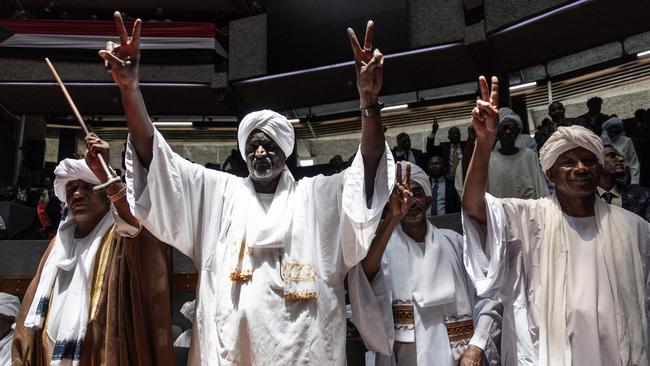
The two warring factions in Sudan have announced parallel plans for the country’s future, nudging it closer to becoming a de facto partitioned state after three years of civil war.
The paramilitary Rapid Support Forces (RSF) and a coalition of political allies met on Tuesday to agree to a charter setting out a unity authority to govern the territories under the fighters’ control.
The gathering followed the head of the army, Abdel Fattah al-Burhan, outlining his vision of a “democratic political bloc” to govern.
The charter, planned to be signed this week, could mark a turning point in the war, fixing a split along battlelines.
Yet with fighting in Sudan still raging, it seemed unlikely that either side could hold large swaths of the country – as in Libya, where rival governments have run separate parts of the country for more than a decade.
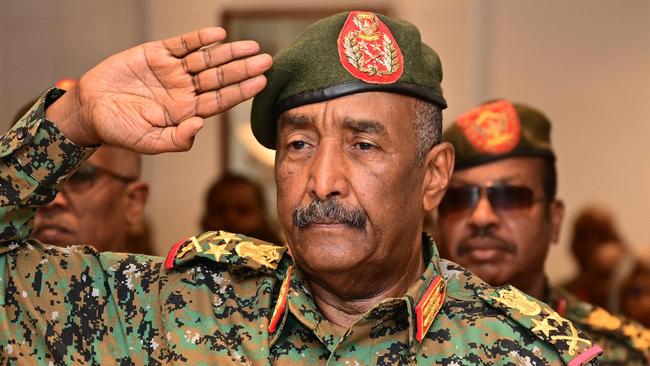
More atrocities emerged on Tuesday, with news that more than 200 people including scores of children were killed by the group’s paramilitaries during a three-day assault in the southern White Nile state.
Many of the dead were shot as they tried to cross the Nile river to escape, according to the Emergency Lawyers group, which documents rights abuses.
Control of the state is split between the army and the RSF. Videos of the aftermath of attacks on two villages 90km south of the capital Khartoum, which began on Saturday, showed a large grave filled with cloth-wrapped bodies of all sizes.
Sudan’s army-aligned foreign ministry said the death toll in the villages of al-Kadaris and al-Khalwat so far was 433 civilians, including babies.
Emergency Lawyers said the RSF had committed “executions, kidnappings, enforced disappearances and property looting” during the raids, which also left hundreds wounded or missing.
The onslaught is part of a violent escalation as the two sides attempt to secure their territorial gains.
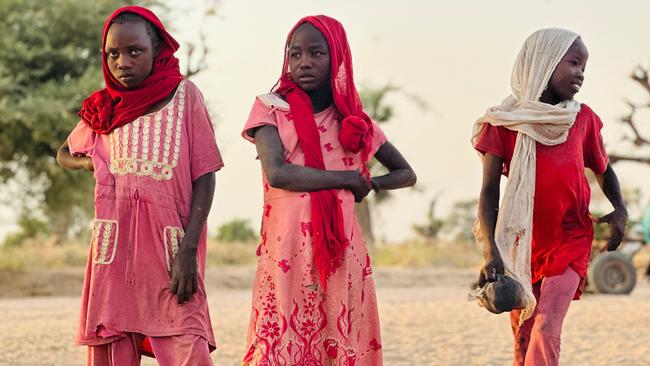
The army, which has made gains in Khartoum, controls the north and east. The RSF controls most of the western region of Darfur and much of the neighbouring Kordofan region.
Cameron Hudson, a senior fellow at the Centre for Strategic and International Studies in Washington, said the timing of the RSF unity government announcement, when losing key territory to the army, should be regarded “with great suspicion”.
“It is trying to achieve at the negotiating table that which it has failed to achieve on the battlefield,” he said.
Conflict broke out in Sudan in April 2023 when government forces failed to agree to a power-sharing deal with the RSF led by General Mohamed Hamdan Dagalo. The deal would have led to democratic elections after a military coup they jointly carried out in 2021.
The war has killed tens of thousands, displaced more than 11 million and created what the International Rescue Committee has called the “biggest humanitarian crisis ever recorded”.
An estimated 3.2 million Sudanese have escaped to neighbouring countries.
UN Secretary-General Antonio Guterres said it was a catastrophe of “staggering scale and brutality”.
Both sides have been accused of war crimes, though the RSF is notorious for committing ethnic cleansing and systematic sexual violence, particularly in Darfur, the site of a genocide just over two decades ago.
The Times

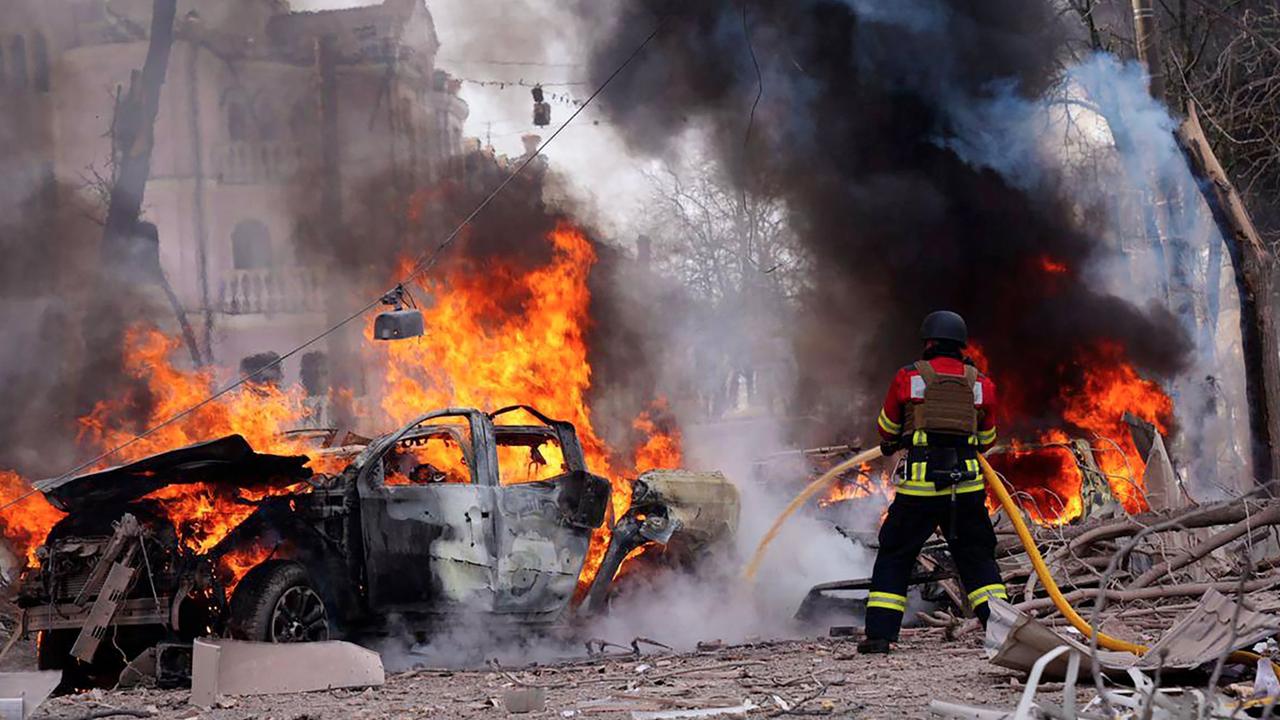
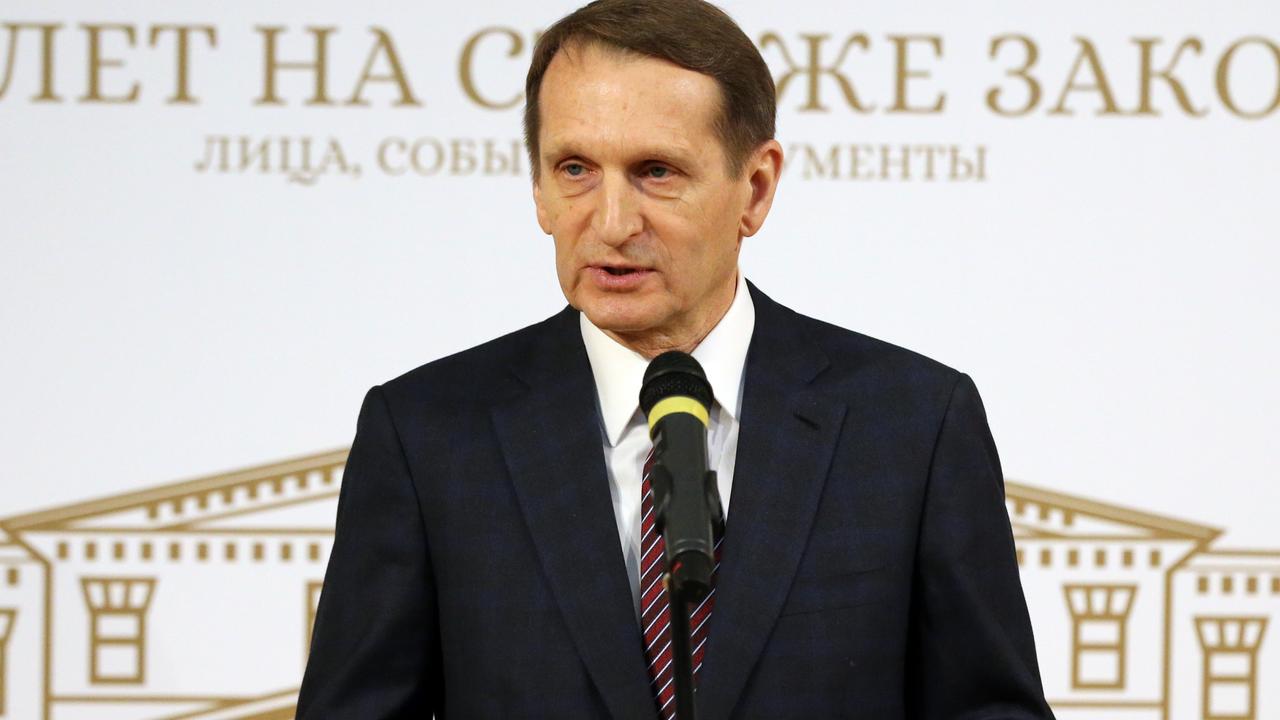
To join the conversation, please log in. Don't have an account? Register
Join the conversation, you are commenting as Logout